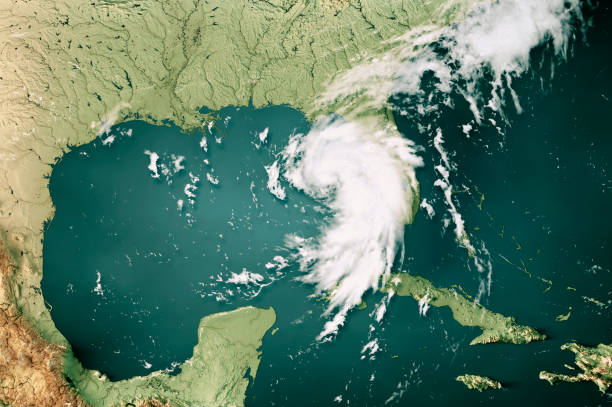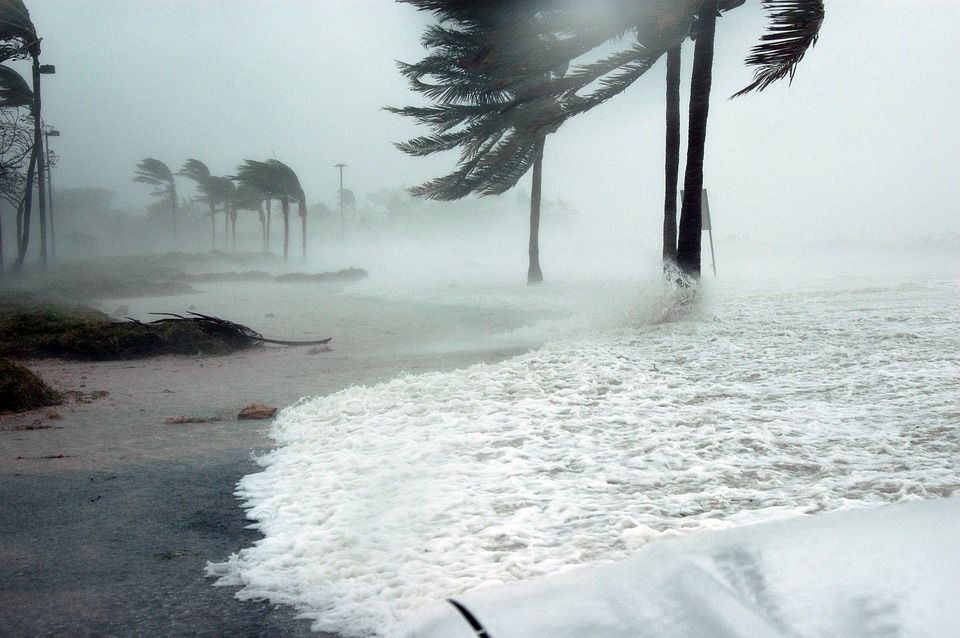Tropical cyclones are among the most destructive natural disasters, causing significant loss of life and property each year.
Moreover, with hurricane season becoming more unpredictable, understanding the future trends of tropical cyclones has become crucial.
A recent study published in Science Advances by NOAA researchers and their partners projects an increase in the variability of Atlantic hurricane seasons, making some years more active while others will be quieter.
The research focuses on the frequency and accumulated cyclone energy (ACE) of North Atlantic storms. ACE measures the total energy expended by tropical cyclones during a season and helps assess long-term trends.
Since the 1990s, active and inactive hurricane seasons have been more common, and models predict that variability will increase by 36% by mid-century.
The central tropical North Atlantic is expected to experience the most significant changes, as it is the primary formation zone for storms.

The rise in variability can be linked to changes in wind patterns and ocean temperatures. For a tropical cyclone to form, warm ocean waters, thunderstorms, low vertical wind shear, and a pre-existing disturbance must be present.
Shifts in wind patterns, particularly in vertical wind shear, and changes in atmospheric stability caused by temperature differences between the Pacific and Atlantic oceans, are contributing to these alterations in hurricane seasons.
Despite the likelihood of fewer storms each year, the variability will make certain seasons much more extreme, leading to either extreme activity or quiet periods.
This unpredictability poses a challenge for forecasting and disaster preparedness, as it complicates predictions about how severe a given season may be.
Communities in hurricane-prone regions will need to adapt to the possibility of experiencing unusually active seasons, similar to the record-breaking years of 2005 and 2020.
Overall, while the total number of hurricanes might remain relatively stable over time, future seasons will be more unpredictable, requiring improved forecasting and emergency preparedness strategies to mitigate the potential impact.

